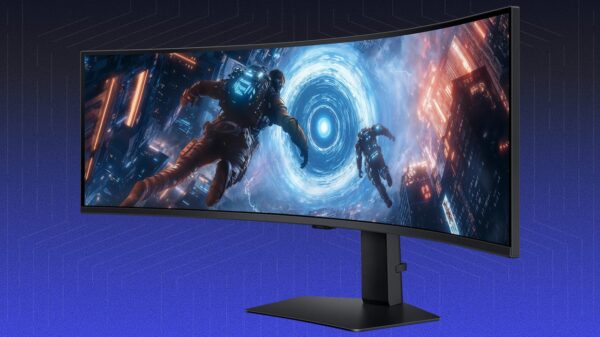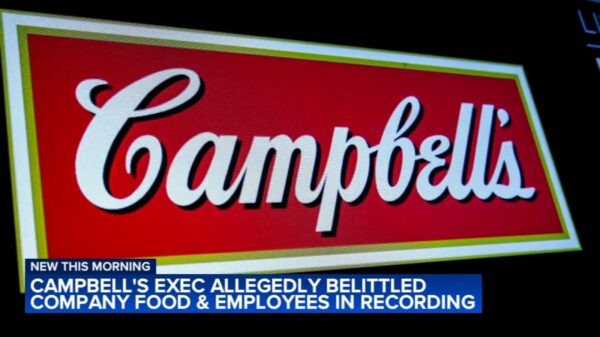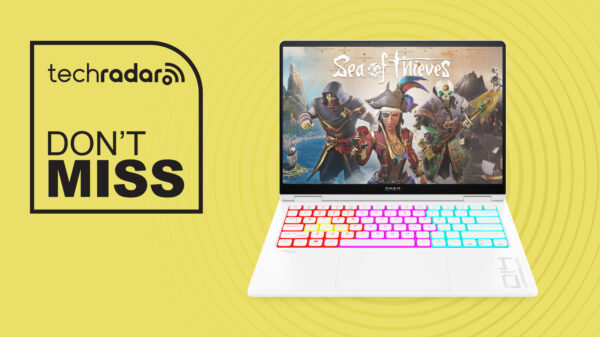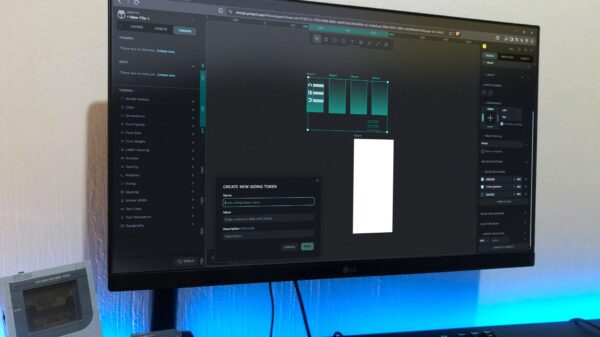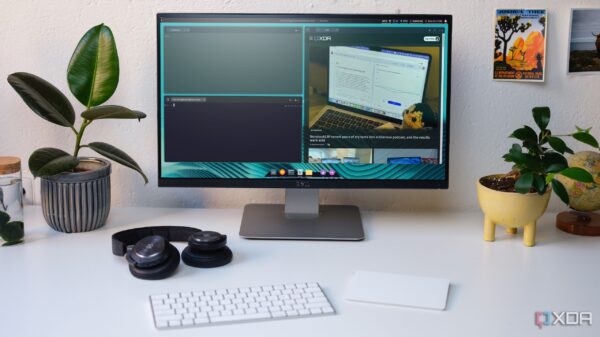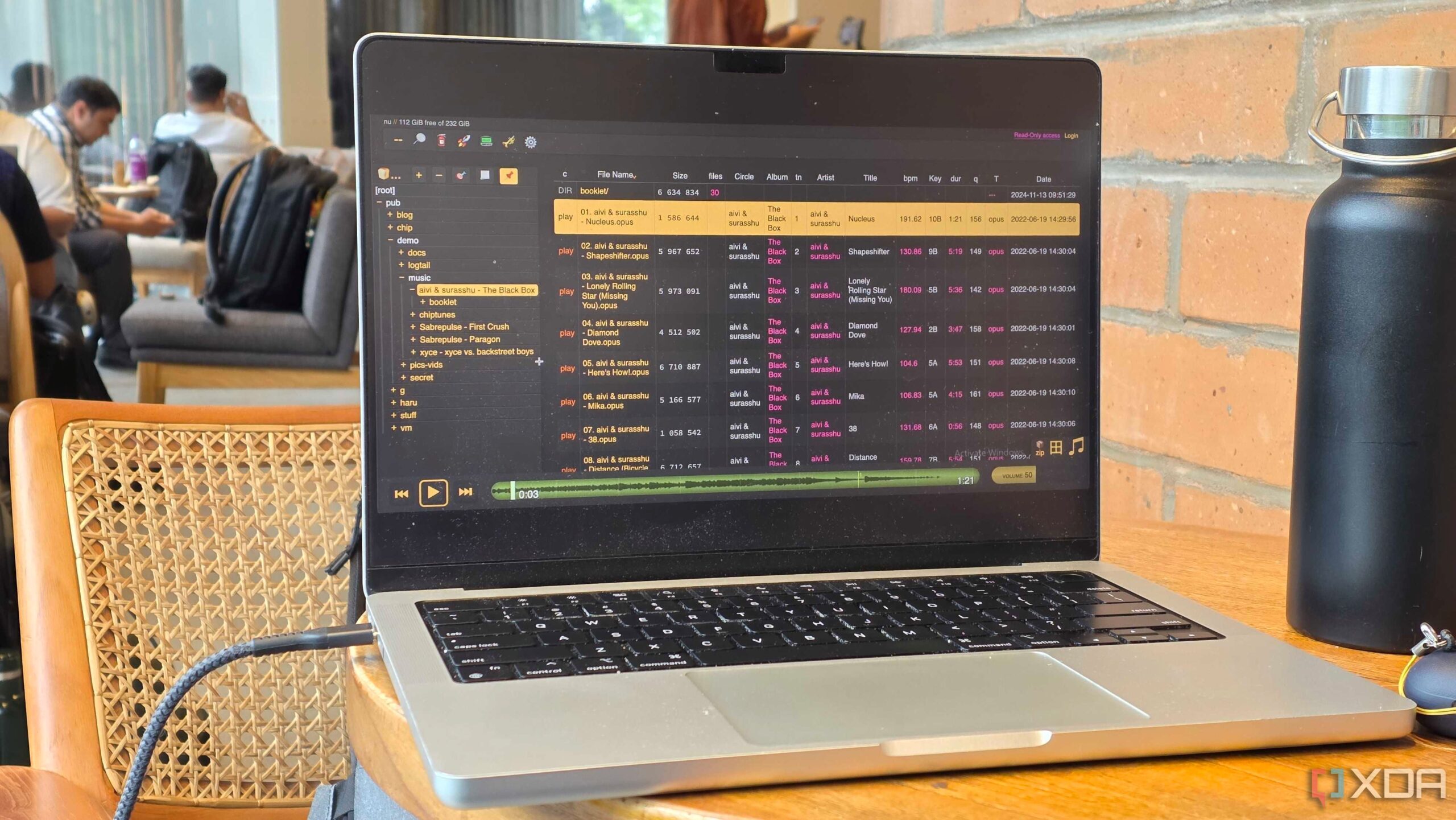The emergence of Copyparty as a lightweight, free, and open-source portable file server offers a notable alternative to established options like Nextcloud. As users seek efficient solutions for file storage and sharing, Copyparty presents a streamlined option that may better suit the needs of those who find traditional platforms cumbersome.
Evaluating Alternatives to Nextcloud
Nextcloud has long been recommended as a reliable self-hosted file storage solution, particularly among technology enthusiasts. Its extensive features and ability to function as a productivity suite, similar to Microsoft 365, have contributed to its popularity. However, some users have reported challenges with its deployment process, which can be complex and resource-intensive.
While alternatives such as OpenCloud and Seafile also provide commendable features, Nextcloud often remains the top choice. Yet, for individuals who primarily require basic file access without the additional functionalities, the platform can feel bloated, leading users to seek more efficient solutions.
The quest for a lightweight alternative led to the discovery of Copyparty. This portable file server is designed to be straightforward, eliminating unnecessary features while ensuring essential functionalities are readily available.
Why Copyparty Stands Out
Copyparty distinguishes itself with a user-friendly setup process. Users need only download the copyparty-sfx.py file from its GitHub repository and execute it using either Python 2 or 3. This simplicity allows users to establish a file server without the complexities commonly associated with Nextcloud. Once operational, integrating a Cloudflare tunnel can further enhance accessibility, permitting users to retrieve files from any location.
The platform excels in enabling seamless file management across devices. Users can access their files on multiple computers without needing to download them, making it easy to view images, play music, or edit markdown files directly through a web browser. The ability to export multiple files into a single ZIP archive adds another layer of convenience.
Copyparty also supports mobile file transfers. With the companion app available for Android, users can effortlessly send files to the Copyparty server, allowing for consistent access from any device using the platform. This capability marks a significant improvement over previous workflows, such as those facilitated by LocalSend.
In terms of functionality, Copyparty offers features such as multi-protocol support, resumable uploads, file duplication, and an intuitive interface that resembles a standard file browser. Additionally, the system can act as a portable media server, indexing media files for easy access from anywhere.
Importantly, Copyparty provides users with full control over their data. Unlike cloud-based services, files uploaded to Copyparty remain on the user’s server, enhancing privacy and security. Users can also install additional dependencies like Pillow and FFmpeg for enhanced functionalities.
While Nextcloud may require extensive setup involving database management and web server configuration, Copyparty simplifies this process significantly. Its lightweight nature ensures efficient performance across varied hardware, appealing to users who prefer minimal software solutions.
In summary, Copyparty emerges as a compelling choice for those seeking a straightforward, efficient file-sharing system. Its ease of use, combined with essential features, makes it an attractive alternative to more complex platforms like Nextcloud. As file management continues to evolve, options like Copyparty are likely to gain traction among users prioritizing efficiency and simplicity.




